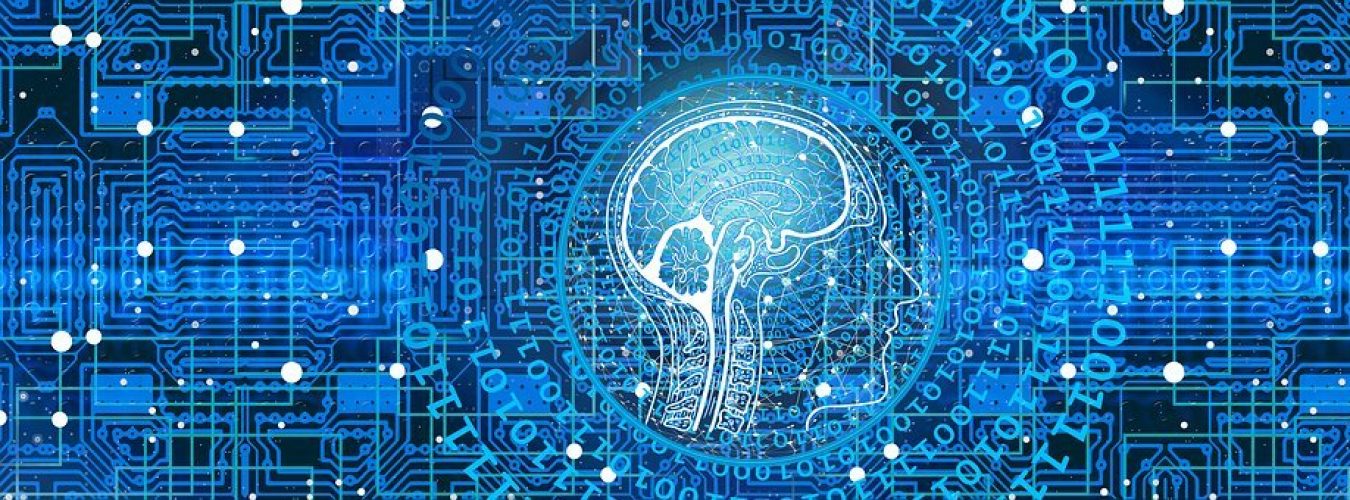Physics and the question of consciousness
Part I
Did Heisenberg answer the question of free will?
Free will is a concept discussed by philosophers. But did you know that in physics the question of free will becomes more and more very important too? There is no standardized definition of free will but the closest that most can consent with is the following: ” the supposed power or capacity of humans to make decisions or perform actions independently of any prior event or state of the universe”.
That sounds nice. But it might all just be an illusion. If you believe humans are bio-machines and our consciousness results from our biochemical and neurological physiological processes, then you might be in trouble. This belief is called physicalism in philosophy and excludes any thought of a human soul or a medium for sentience other than our brain. Let me explain to you the dilemma:
To understand the argument against free will, when believing in physicalism, we have to understand how the human brain works. Roughly speaking, the brain can be divided into cerebrum, brainstem, and cerebellum. Each brain part sends and receives chemical and electrical signals throughout the whole body. These signals transfer information that our brain interprets. Our brain coordinates our movement, regulates our temperature, and is controls everything that makes us human, like speech, reasoning, balance, senses, etc. Now, what really interests us to solve the riddle of our consciousness is how information is actually received by our brain. We know how it is transported, and that is through neurons that include a cell, Dendrites, and Axons. When the outside world sets a stimulus on our body, a pain stimulus, for instance, our neurons transport the electrical impulse that contains the informations of the pain stimulus, to our brain where the ”pain code” is interpreted as pain. This is when the ”decoded information” is being sent back to the location where the stimulus was given and triggers this unpleasant feeling and the normal ”Ouch!” reaction we know from feeling pain. Fun Fact: People with third-degree burns often feel no pain because the fire went so deep into the skin that it destroyed the neural pathways that transport the information that a pain stimulus (extreme heat on skin) was set on a certain location of the body. Well, perhaps that’s not so much of a fun fact actually, but it is interesting to know.
So, why is all this so important for the question of our consciousness and the question of free will?
Well, let’s go through this again.

If a stimulus causes en electrical impulse that transport information, I called it provokingly “code” in the sketch, through neurons, is then processed (interpreted) by the brain and sent back through neurons, then there would have to be one output every time our body process a stimulus that comes from sensory experience. If there is only one output, then where exactly do we find free will? Physicalism says that humans are bio-machines, and that consciousness results from neurological processes that expire according to the laws of physics. So does every physicalist must stand against the idea of free will? Are all the choices we make everyday determined by our physiology?
Well, the physicist Werner Heisenberg might have given us the answer to that Dilemma in the 20th century when he published his uncertainty principle. In the world of classical physics, objects have a specific location and a specific velocity that we can measure. If you drive a car, we can through GPS locate where you are and the speedometer tells us how fast you are going. It is very different, however, in the quantum world: “
Formulated by the German physicist and Nobel laureate Werner Heisenberg in 1927, the uncertainty principle states that we cannot know both the position and speed of a particle, such as a photon or electron, with perfect accuracy; the more we nail down the particle’s position, the less we know about its speed and vice versa”.
Now imagine this quantum effect that we call uncertainty happens in the brain, too.

We still set a stimulus from the outside world and that still causes an electrical impulse, but this time, because of the uncertainty principle, we don’t know what path the “code” takes. We know when the electrical impulse is received by the brain we can measure that, but we can’t at the same time certainly tell where the code (the information) is processed exactly. The uncertainty allows at least two options and therefore two outputs. This will probably won’t cause absolute free will, but it might allow the thought of some kind of veto that humans have. So I can still decide, if I eat this piece of chocolate on my table right now or not. I can still decide to not kill the person, to not say yes to my wedding. Because the uncertainty allows this little space of decision where we use minimal changes in output because of a quantummechanical effect in the brain, to decide between two options: I will do it or I will not do it.
This is just a theoretical model, but it would solve our dilemma. And it is interesting to think that this theory would mean, we process information and act out biomechanical command in a binary form. We would literally be a bio-machine. Since the Uncertainty principle is a physicalist effect, it could be implemented in neural networks and that would allow AI to have this limited form of free will as well. For that argument, we would have to take a closer look at neural networks, but this is a topic for another article.
References:
https://scienceexchange.caltech.edu/topics/quantum-science-explained/uncertainty-principle


I enjoy what you guys are usually up too. This sort of clever work and coverage! Keep up the wonderful works guys I’ve added you guys to my blogroll.